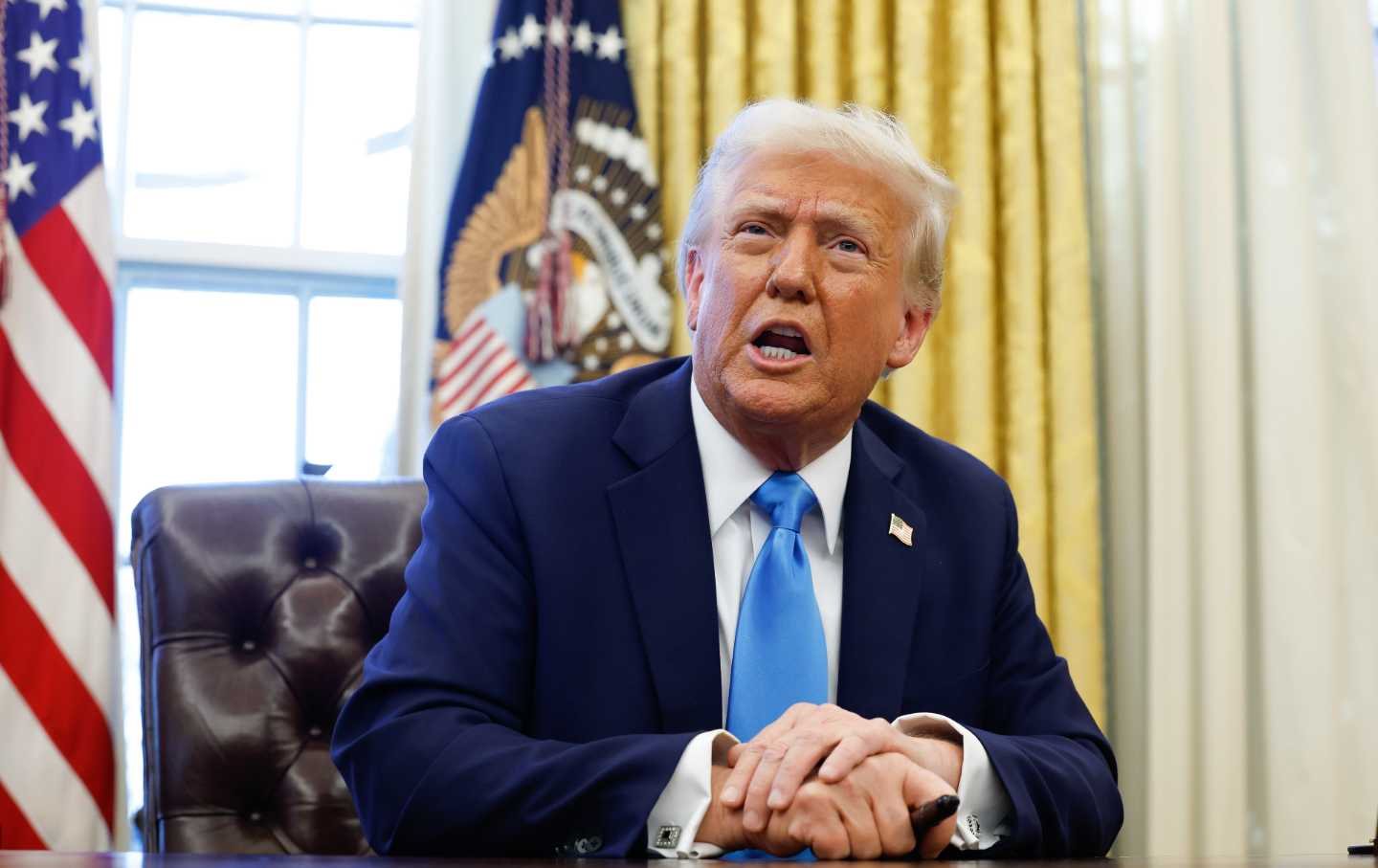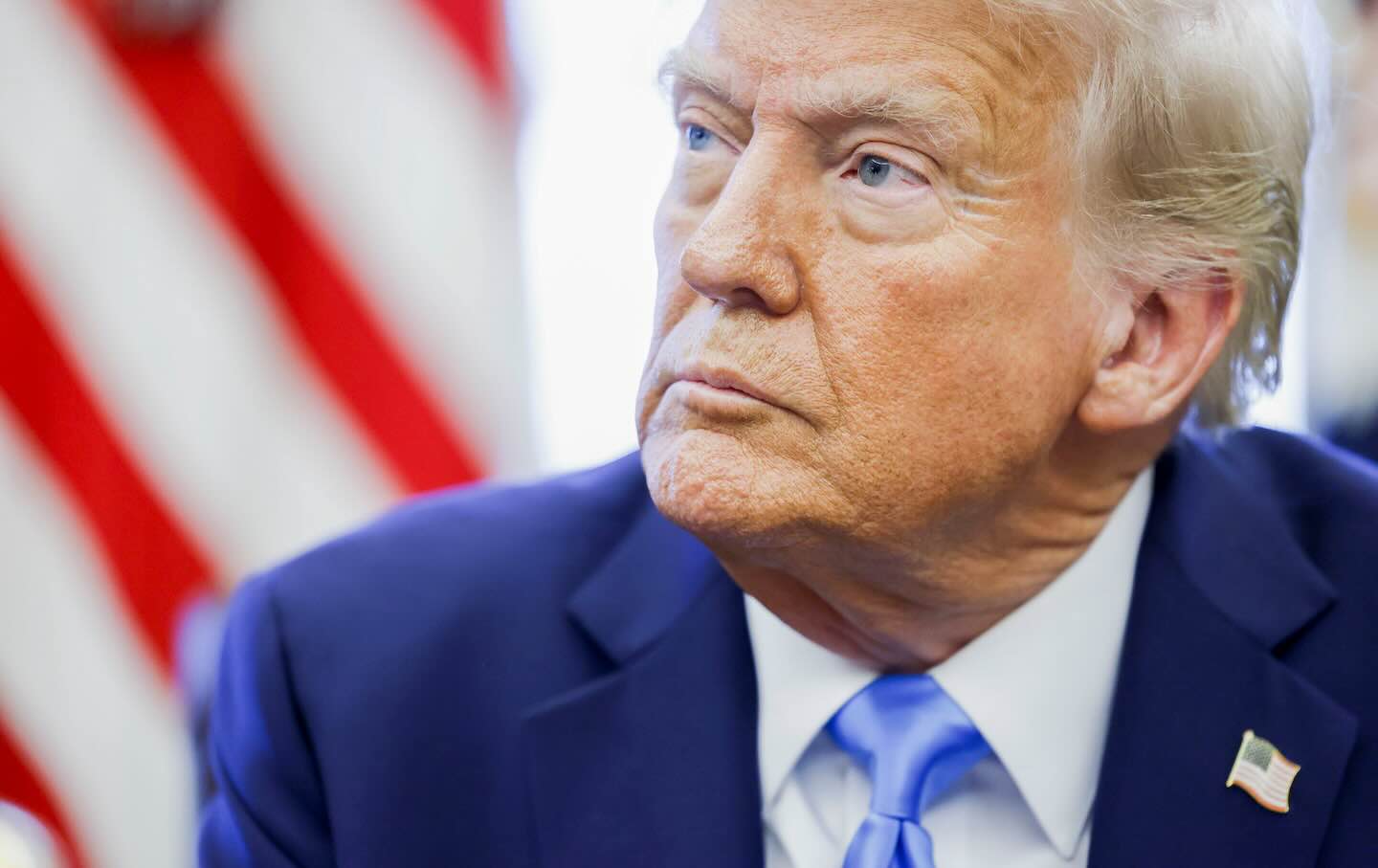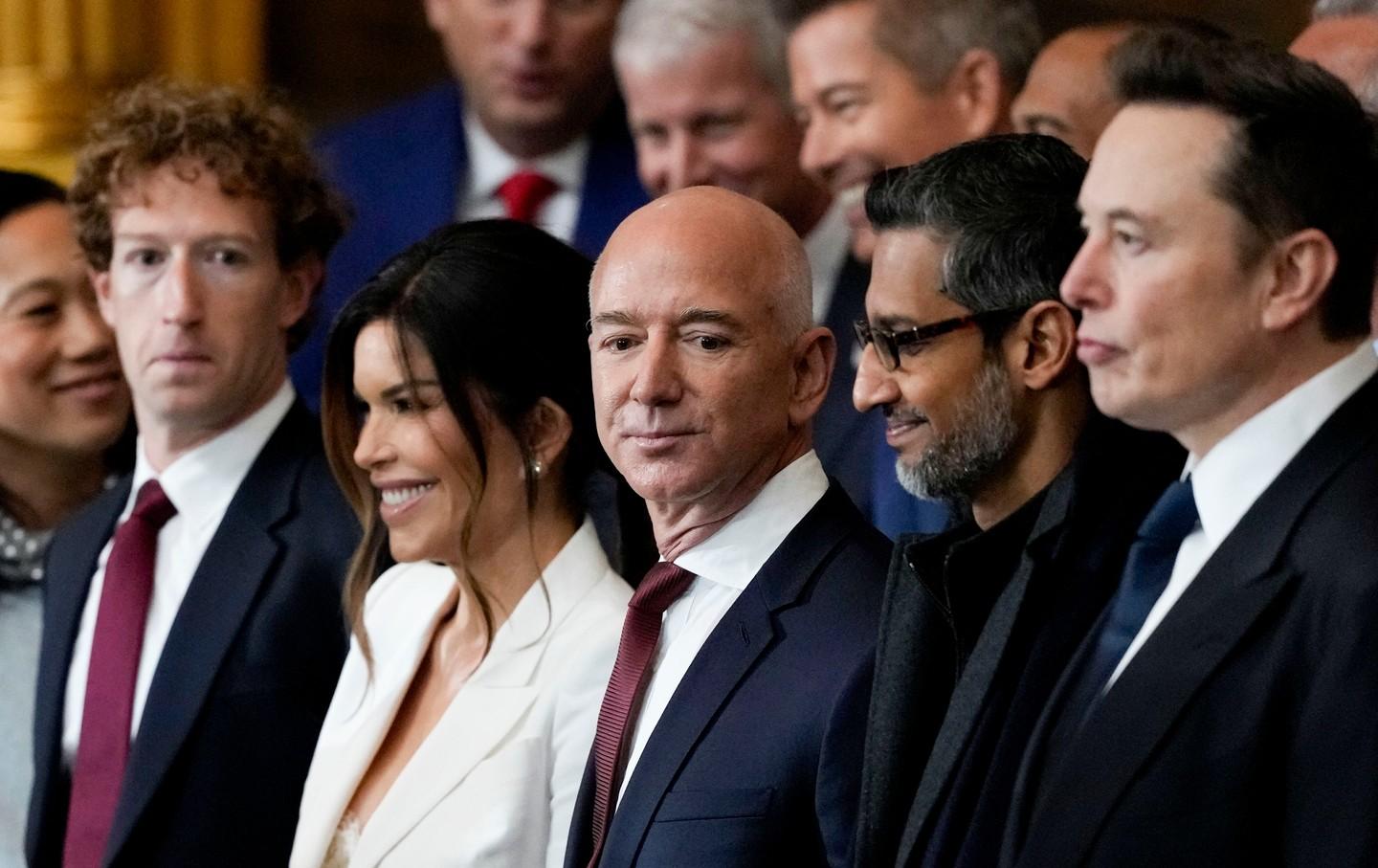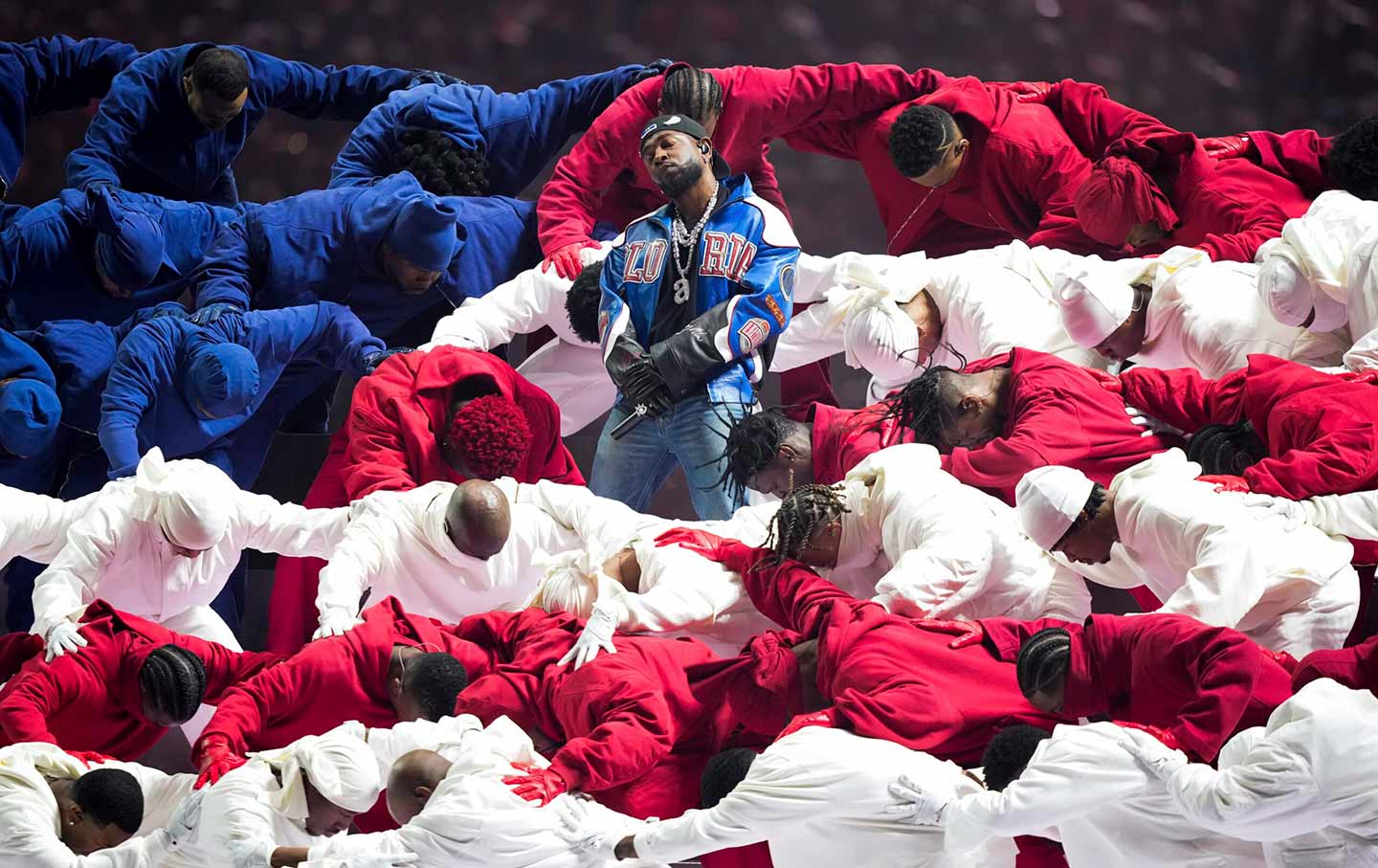Society
/
February 12, 2025
Behind the language of “spending offsets” lies a stark reality: over $3 trillion in cuts that would reshape Americans’ access to healthcare.
Only eight days into his presidency, Donald Trump and his administration tried to end Medicaid for 22 million Americans. All 50 states were locked out of their Medicaid portals thanks to a memo from Trump’s team. It was their first attempt to steal your healthcare, but it won’t be their last.
Republicans have retaken the White House with a crystal-clear fiscal agenda: deep cuts to programs that you and your family rely on and tax cuts for Donald Trump and his billionaire kitchen cabinet.
Their “cost-cutting” target to finance government handouts to oligarchs? Healthcare, healthcare, healthcare.
Trump has already signed an executive order rescinding key aspects of former President Joe Biden’s work to strengthen Medicaid and the Affordable Care Act. Trump also overturned Biden’s “Lowering Prescription Drug Costs for Americans” order that would have—no surprise here—lowered drug costs for Americans.
It’s absolutely not just Trump. When asked about Trump’s move to kick millions of Americans off Medicaid, Republican Speaker Mike Johnson said, “I fully support it.” During his confirmation hearing, RFK Jr.—Trump’s pick to lead the agency that runs Medicaid—kept confusing the program with Medicare and refused to say that healthcare is a human right.
House Budget Committee chair Jodey Arrington is circulating what Republican leadership calls a “menu” of potential spending cuts. Behind the bureaucratic language of “spending offsets” lies a stark reality: over $3 trillion in proposed healthcare cuts that would reshape Americans’ access to healthcare as we know it, with impacts falling heaviest on children, seniors, and rural communities.
Current Issue

To understand what’s really at stake, we need to look past the talking points to see how these changes would play out in our communities. Consider Medicaid: Four in 10 American children rely on it for their healthcare, which covers 41 percent of all births in our nation. Perhaps most striking, five in every eight nursing home residents depend on Medicaid to fund their care.
The proposed changes would fundamentally alter this vital program. By implementing per-person spending caps and slashing federal support, Republican plans would force impossible choices onto state governments, leading to cuts in benefits, reduced coverage, or increased in-state taxes. There’s no fourth option.
Rural America would bear a particularly heavy burden. The changes to Medicare in the Budget Committee’s plan would cut hospital payments in ways that would threaten the survival of already struggling rural hospitals, impacting emergency services, jobs, and the economic well-being of these communities.
In urban areas, safety-net hospitals serving vulnerable populations would face a double blow, with cuts to Medicare payments and support for uncompensated care. Already operating on tight budgets, these hospitals would have to consider reducing services or closing departments.
It’s important for Democrats and all Americans to recognize that these changes are not inevitable but are a result of deliberate choices made by Republican politicians. Despite attempts to shift blame, these decisions ultimately come from those in control of the federal government.
The impact of these decisions will be far-reaching, affecting individuals and families across various communities. It’s a matter of who is asked to sacrifice and who benefits from these policy changes.
This fight is crucial, and organizations like American Bridge 21st Century have a role in ensuring that the public understands the consequences of these policies. It’s about holding representatives accountable and shedding light on the true motivations behind decisions that prioritize tax cuts for the wealthy over essential healthcare services for working families.
Popular
“swipe left below to view more authors”Swipe →
As we enter this new administration, Americans should ask themselves: Who is being asked to sacrifice, and who is lining their pockets with gold? Who is cutting their medication in half to save money, and who is flush with Big Pharma profits? Who is sitting at the table, and who is on the menu?
More from The Nation

Wrist monitors like the BI VeriWatch dominated at a recent industry conference. But some 20 miles away, incarcerated men had other ideas about what the future should look like.
Blair Paddock

In the malignity of his intent and the scale of his graft, the second term is significantly worse. But it’s also his last.
D.D. Guttenplan

The American experiment depends on institutional checks on power’s exercise. If there are no checks, then these indeed will be devastating times.
Michele Goodwin and Gregory Shaffer

Today’s tech oligarchs want the appearance of public acclaim for their deeply elitist vision of society—while maintaining a docile and cooperative public.
Column
/
John Ganz





